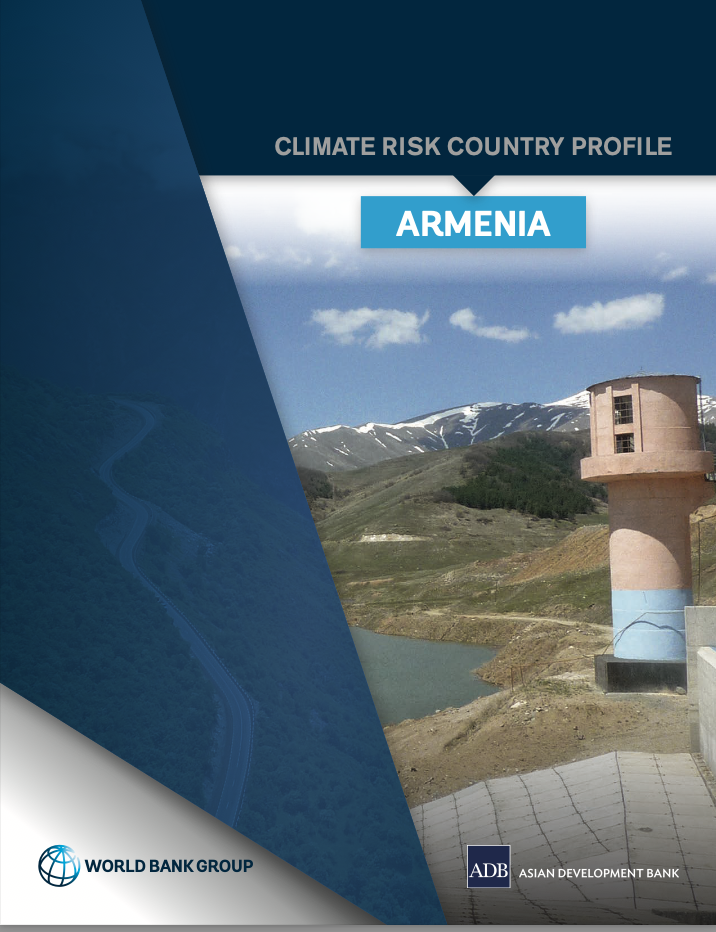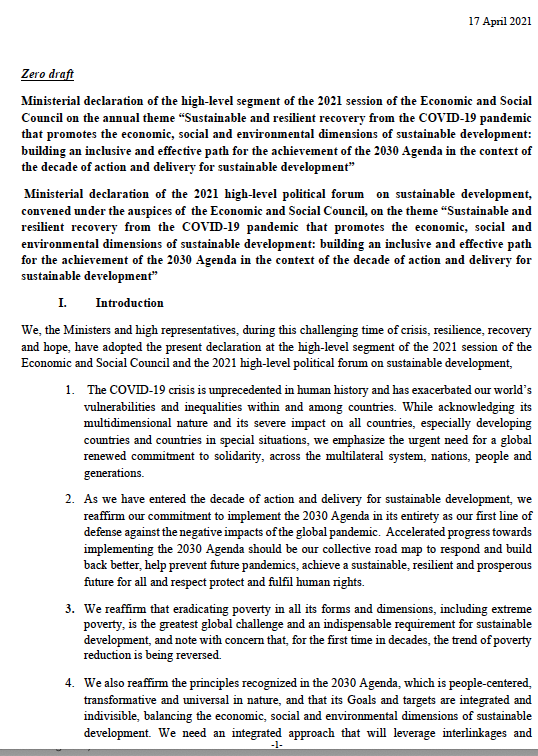Women’s land rights: Customary rules and formal laws in the pastoral areas of Ethiopia – complementary or in conflict?
Secure land tenure is key to eradicating poverty;increasing agricultural investment and ensuring food security;and is an essential element of climate action and climate resilience. Yet women have far weaker rights to land than men. These disadvantages exist broadly and with few exceptions globally and are especially limiting to the well-being of women and their families in rural areas;where land is the basis for livelihood;identity;social standing and social security.







